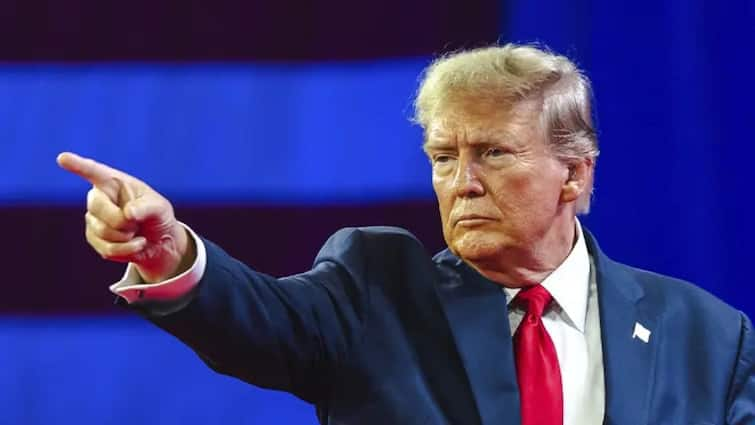Amid ongoing trade negotiations with the US, Trump administration Commerce Secretary Howard Lutnick said New Delhi “needs fixing” and must “play ball with the President” if it wants continued access to the US consumer market.
Taking aim at India and Brazil, Lutnick said these countries need to open their markets further and stop policies that undermine US interests. “We have a bunch of countries to fix, like Switzerland, Brazil, India — these are countries that need to really react correctly to America. Open their markets, stop taking actions that harm America, and that’s why we’re on opposite sides with them,” he said in an interview with NewsNation.
India-US Tariff Negotiations
India currently faces some of the highest US tariffs, 50% on several goods, along with a recent 100% duty on branded and patented pharmaceutical products. The hike has rattled Indian pharma companies, nearly 40% of whose revenues come from the US. The 50% import duties also include a 25% penalty linked to India’s continued purchase of Russian oil.
“These countries have to understand that if you want to sell to US consumers, you’ve got to play ball with the President of the United States,” Lutnick stressed. He added that President Trump’s approach is to make “the first deal the best deal, with subsequent ones only getting tougher.”
He also noted that several trade negotiations remain unresolved, identifying India and Brazil as “big ones” on the US agenda. “You still have Taiwan. That’s a big one that’s coming pretty soon. I expect to really be talking to them and sorting that out… but the big ones, India and Brazil, we’ll sort out over time,” he said.
Amid these tensions, India and the US have resumed trade discussions. A delegation led by Commerce and Industry Minister Piyush Goyal visited Washington from September 22–24, where meetings were held with US Trade Representative Ambassador Jamieson Greer and Ambassador-designate to India Sergio Gor.
India’s Commerce Ministry called the talks constructive, stating: “Both sides exchanged views on possible contours of the deal, and it was decided to continue the engagement with a view to achieving an early conclusion of a mutually beneficial Trade Agreement.”



